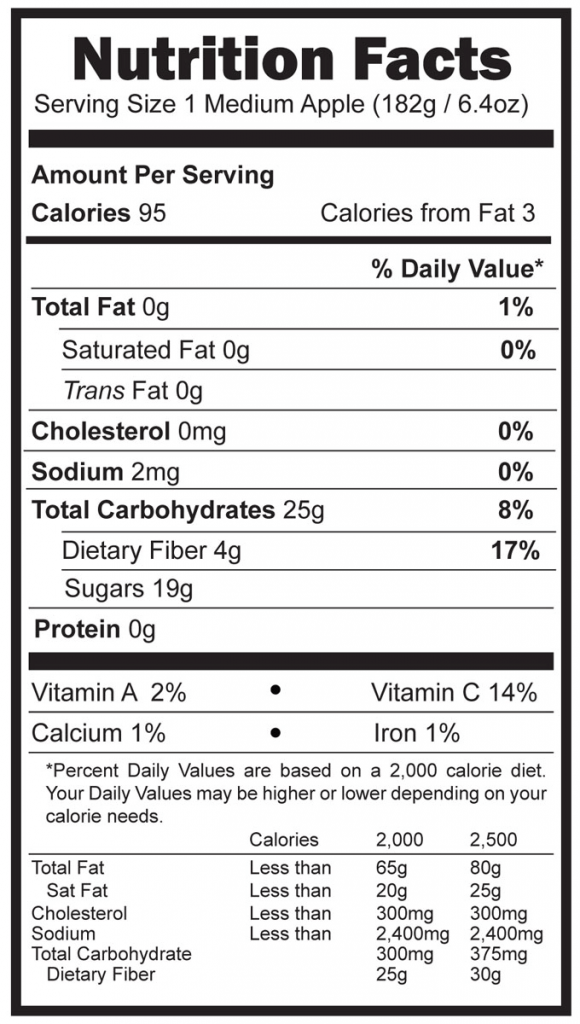The infamous fall fruit, the apple, originated in Kazakhstan, more specifically the Tien Shan mountain range millions of years ago. The apple was first harvested in Jamestown by settlers in 1607. The cultivation process started by planting the trimmings and seeds that came from Europe. The variety, unfortunately, had trouble growing in the New World, in turn producing very bitter apples. The settlers took their sour apples and created cider. Cider became a popular choice of beverage in England after the Norman conquest in 1066. The Norman conquest introduced several apple varieties from France to England. Due to the lack of cleanliness in the New
Apples
World, the settlers did not drink very much water; instead, they would drink a glass of cider with their meals. Cider was a precious thing to have during this time. During one case, cider produced from an apple orchard of 2,500 trees was worth more than 15,000 pounds of tobacco.
One of the founding fathers of the United States is also responsible for the Fuji Apple. Thomas Jefferson received a cutting, which later cultivated into the “Ralls Genet” variety in a Virginian nursery, in the 1790s. Which was then cross-bred with the Red Delicious variety, essentially creating what is now the most popular apple variety, the Fuji.
Apples were once the most commonly eaten fruit in the United States. The average person will consume approximately 28 pounds of apples in their lifetime and 14 pounds of juice and cider. The United States tails China in growing the most apples and grows just about 200 different apple varieties. Over 322,000 acres of land, spread across 32 different states, are used to produce apples in the U.S. by about 7,500 different apple producers.
John Chapman, better known as Johnny Appleseed, is the reason why the midwest and west were introduced to the apple. In the early 1800s, Johnny Appleseed participated in the Western Frontier and wished to expand the U.S. westward. He carried around bags of apple seeds at the front of the frontier. As he moved from Pennsylvania to Illinois, he would cultivate and sell as he moved on to unchartered land. Because Chapman’s apples came from the seed, they were not suitable for eating. As mentioned earlier, people hardly ever ate apples; they were mostly used to make cider.
The ratification of Prohibition occurred in 1919 and was the end of the cider era and John Chapman’s hard work. The use of the bitter apple producing trees was now illegal. The FBI traveled the United States and chopped down all the apple trees that produced sour apples, essentially taking away the ability to produce cider. This new act forced people to appreciate the apple tree for the vitamin and fiber-packed fruit.
Everyone knows the famous saying, “An apple a day, keeps the doctor away” which could easily be very accurate, considering the apple is jammed packed with essential vitamins and minerals that could help you lead a better and healthier life. Vitamin C is the most commonly found vitamin in the apple. Vitamin C is an essential vitamin to have in your everyday life for your body to perform its normal functions. Apples are also high in Potassium, which improves heart health. Apples are full of fiber, which enhances digestion health, anti-oxidants to boost the immune system and all the different vitamins which could help prevent cancer, stroke, or even diabetes. As people age, they become more susceptible to developing Alzheimer’s and Parkinson’s disease, and the apple may be able to protect your brain from these life-altering diseases.
Apples are the perfect snack because they pair so well with a wide a wide variety of options. They could potentially be a sweet or savory additive to your meal. For some fun apple recipe ideas visit shortnsweet.com.


Western Veg-Produce, Inc.
PO Box 82217
Bakersfield, CA 93380
Office: 1-800-WVegPro (983-4776)
Fax: 1-661-637-2365
Sales: sales@wvegpro.com
Accounting: accounting@wvegpro.com


